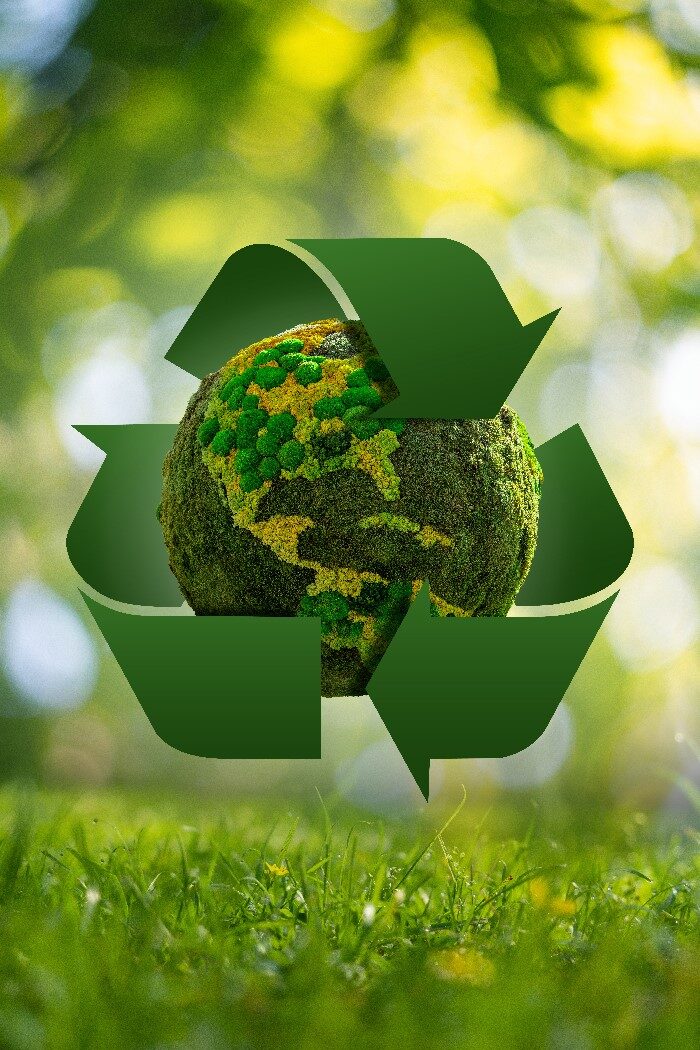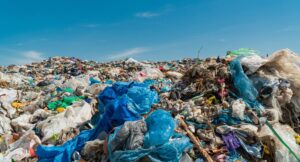At Carus, we’re committed to environmental stewardship and promoting sustainable practices. One of the most impactful ways individuals and communities can contribute to a healthier planet is through recycling. However, navigating the world of recycling can sometimes be confusing. That’s why we’ve put together this beginner’s guide to recycling, complete with tips and best practices to help you become a recycling pro!
Tips & Best Practices:
Understand What’s Recyclable:
Before tossing items into the recycling bin, it’s essential to know what can and cannot be recycled in your area. Common recyclable materials include paper, cardboard, glass bottles and jars, aluminum cans, and certain types of plastic containers. Check with your local recycling facility or municipality for specific guidelines on what is accepted in your area. (Source: EPA – Recycling Basics)
Clean and Sort Your Recycling:
To ensure that recyclable materials can be properly processed, it’s important to clean and sort them before recycling. Rinse out food containers, remove lids and caps, and separate different types of materials into designated bins or containers. This helps prevent contamination and ensures that recyclables maintain their value. (Source: Recyclebank – The Ultimate Guide to Recycling)
Recycle Properly:
When disposing of recyclable items, be mindful of how they’re placed in the recycling bin. Flatten cardboard boxes, crush aluminum cans, and stack materials neatly to maximize space and efficiency. Avoid placing non-recyclable items, such as plastic bags, styrofoam, and hazardous materials, in the recycling bin, as these can contaminate the recycling stream and cause processing issues. (Source: Recycling.com – Recycling Symbols)
Reduce and Reuse:

While recycling is an essential part of waste management, it’s equally important to focus on reducing and reusing materials whenever possible. Opt for reusable items instead of single-use products, and minimize unnecessary packaging by choosing products with minimal packaging or packaging made from recyclable materials. (Source: Earth911 – Reduce, Reuse, Recycle)
Educate Yourself and Others:
Stay informed about recycling practices and updates in your community. Share your knowledge with friends, family, and coworkers to encourage everyone to do their part in recycling responsibly. Consider participating in community recycling events or volunteering with local environmental organizations to further support recycling efforts. (Source: National Geographic – How to Recycle Right)
By following these tips and best practices, you can play a vital role in promoting recycling and protecting the environment for future generations. Together, we can make a positive impact and create a more sustainable world for all.

